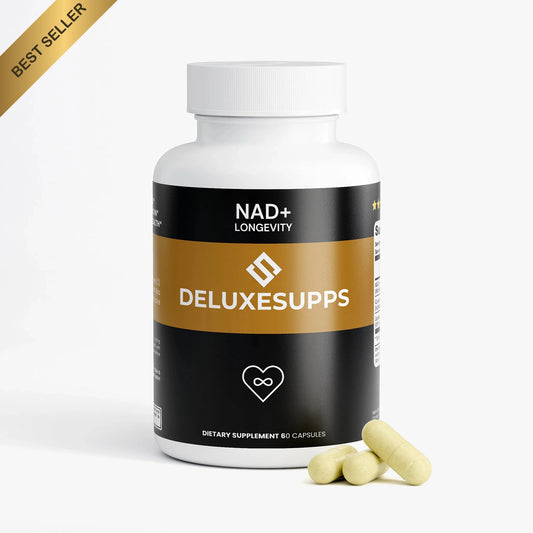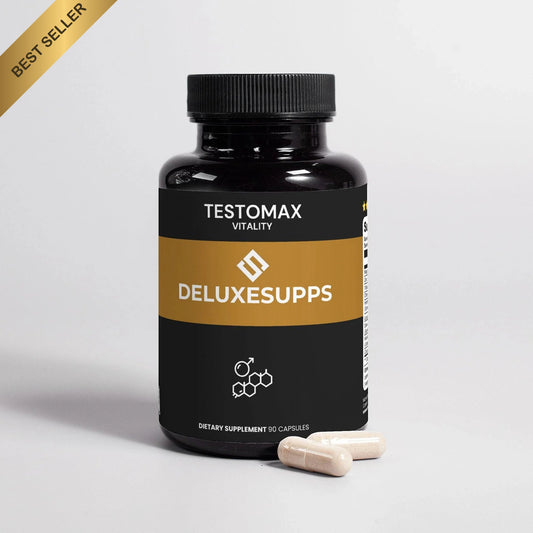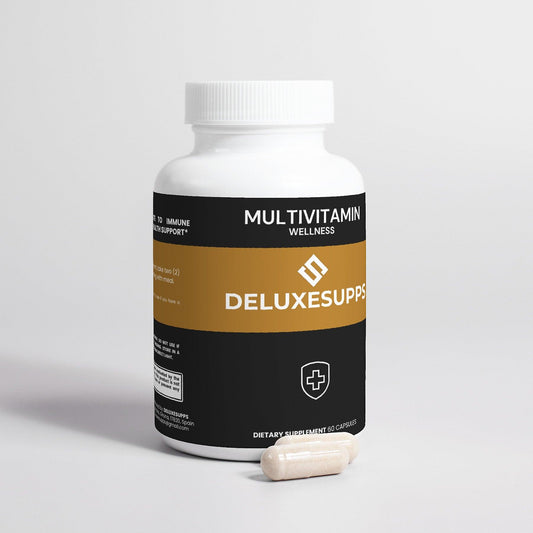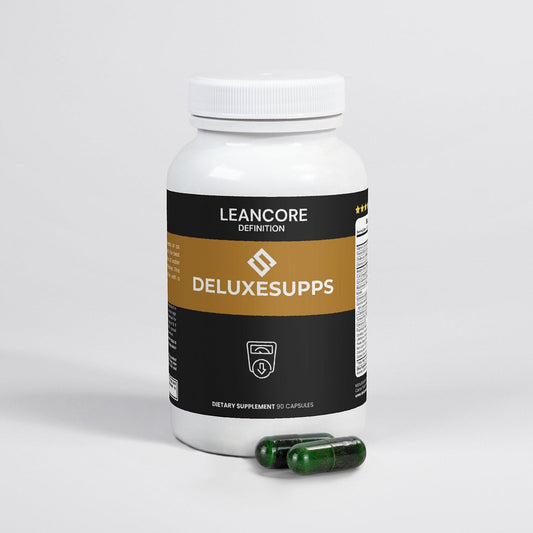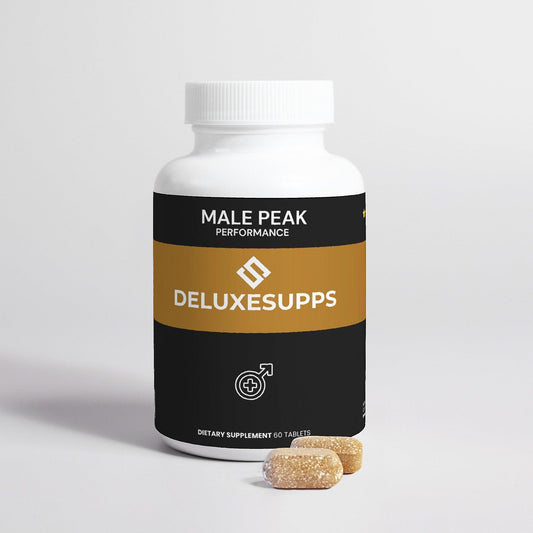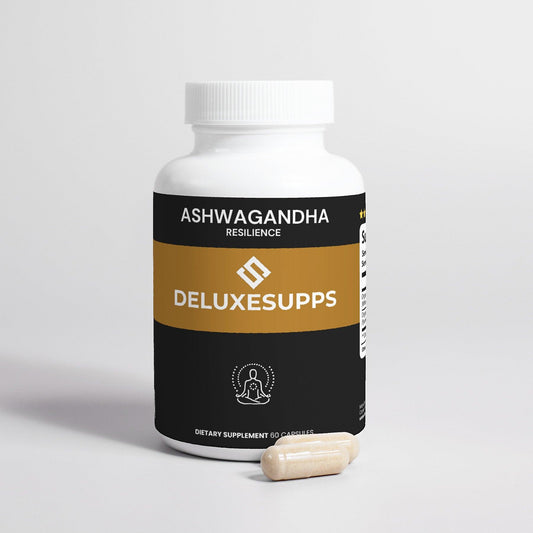Multivitamins are among the most popular supplements, but do you really need them? Some people swear by them, while others claim they’re unnecessary if you eat a balanced diet. So, what’s the truth? In this article, we’ll debunk common myths about multivitamins and help you determine if they should be part of your daily routine.
1. Myth #1: “If You Eat a Healthy Diet, You Don’t Need Multivitamins”
✅ Reality: While a nutrient-rich diet is the best way to get vitamins and minerals, many people still fall short of daily requirements.
- Soil depletion has reduced the nutrient content in fruits and vegetables.
- Busy lifestyles lead to processed food consumption, missing key nutrients.
- Dietary restrictions (vegan, keto, or gluten-free) can cause deficiencies in B12, iron, and omega-3s.
🔹 Who Might Need a Multivitamin?
- People with poor diets
- Vegetarians & vegans (lack of B12, iron, and omega-3s)
- Pregnant & breastfeeding women
- Older adults with nutrient absorption issues
2. Myth #2: “More Vitamins = Better Health”
✅ Reality: Taking excessive vitamins, especially fat-soluble ones (A, D, E, K), can lead to toxicity.
- Example: Too much vitamin A can cause liver damage, and excess iron can lead to digestive issues.
- Solution: Stick to recommended daily values and consult a healthcare provider.
3. Myth #3: “Multivitamins Give You Instant Energy”
✅ Reality: Multivitamins do not provide an immediate energy boost like caffeine.
- They support energy production by replenishing nutrients like B vitamins, magnesium, and iron over time.
- Solution: Take them consistently for long-term benefits.
4. Myth #4: “All Multivitamins Are the Same”
✅ Reality: Not all supplements are created equal.
- Some contain fillers, artificial colors, and low-quality ingredients.
- Third-party tested brands (USP, NSF, ConsumerLab) ensure purity and potency.
🔹 How to Choose the Best Multivitamin:
- Look for bioavailable forms (e.g., methylfolate instead of folic acid).
- Avoid artificial additives and unnecessary sugars.
- Pick age- and gender-specific formulas.
5. Myth #5: “You Can Take a Multivitamin at Any Time”
✅ Reality: Timing matters for optimal absorption.
- Fat-soluble vitamins (A, D, E, K): Take with food that contains healthy fats.
- Iron: Best on an empty stomach, but may cause stomach discomfort.
- B-complex vitamins: Best in the morning for energy production.
6. Myth #6: “Multivitamins Can Prevent All Diseases”
✅ Reality: Multivitamins are not a cure-all for diseases like heart disease, cancer, or diabetes.
- They support immune function, energy, and overall health but should complement, not replace, a healthy lifestyle.
- Regular exercise, hydration, and balanced meals are still essential for long-term health.
Conclusion: Should You Take a Multivitamin?
If your diet lacks key nutrients, you have dietary restrictions, or your lifestyle leads to deficiencies, a high-quality multivitamin can be beneficial. However, it’s essential to choose the right one and take it in moderation.
